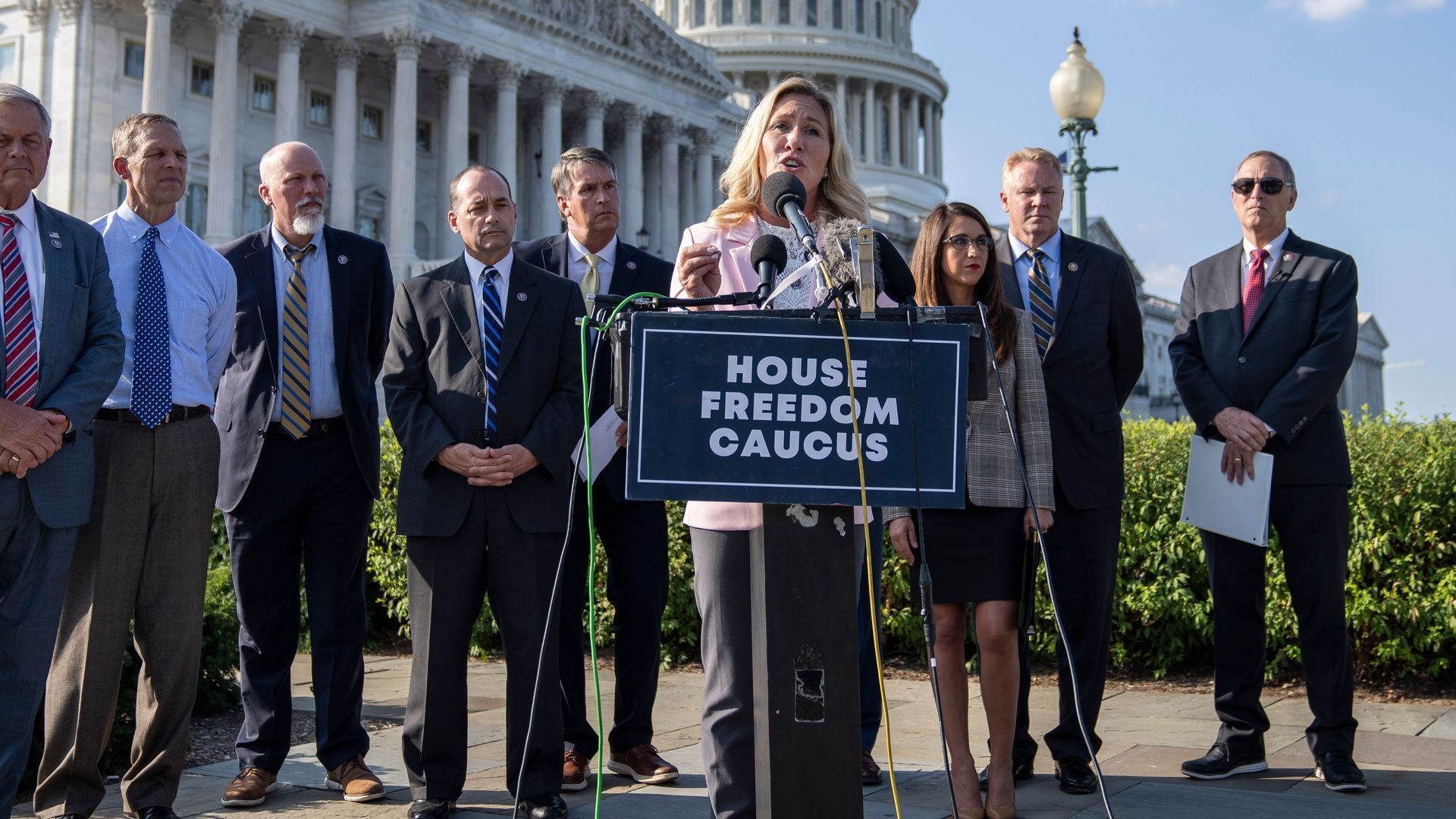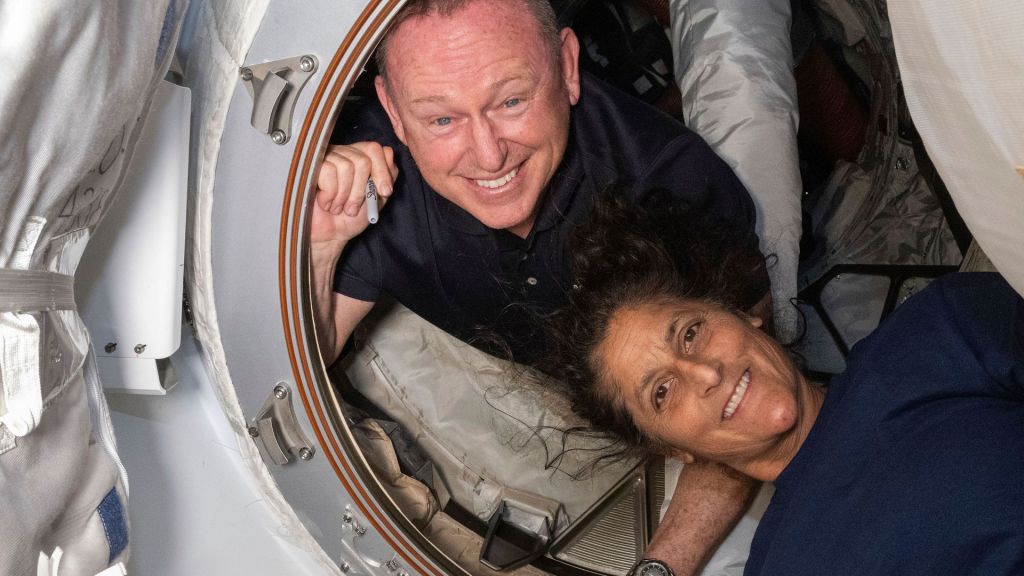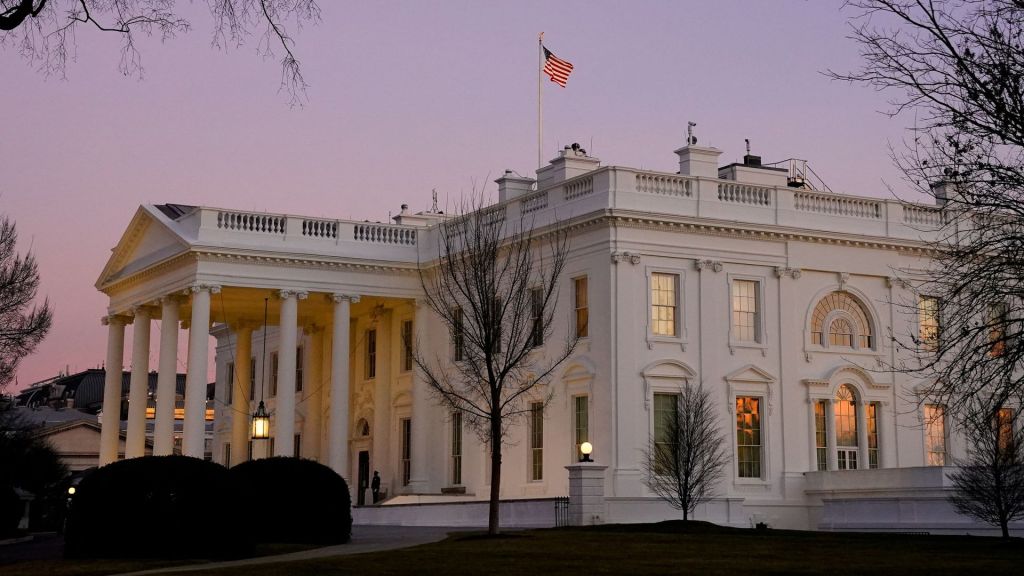
It’s September. That means Congress has until the end of the month to pass 12 appropriations bills, otherwise the government will shutdown October 1 at midnight.
But there’s a big divide between what conservative members in the House of Representatives are willing to spend and everyone else.
It goes back to May, when Republicans and the Biden administration made a deal on the debt ceiling which allowed the government to borrow more money to pay its bills, but in exchange reduced overall spending. The deal also set a guideline for next year’s budget.
“The House then turned around and passed spending levels that were below that level. Without stating an opinion about that, that’s not going to be replicated in the Senate,” Sen. Mitch McConnell, R-Ky, explained.
Senate Majority Leader Chuck Schumer, D-N.Y., was also blunt.
“We cannot afford the brinkmanship or hostage-taking we saw from House Republicans earlier this year when they pushed our country to the brink of default to appease the most extreme members of their party.” Schumer wrote in a letter to Senate Democrats, obtained by Politico. “The only way to avoid a shutdown is through bipartisanship.”
Senate negotiations are being led by Sens. Patty Murray, D-Wash., and Susan Collins, R-Maine. In the House, the conservative Freedom Caucus is leading the way.
“We’re given the solemn responsibility of using taxpayer dollars, or in this case often borrowed dollars, to fund the government,” Rep. Chip Roy, R-Texas, told Spectrum. “If there’s going to be a shutdown it’s going to be because Democrats don’t want to sit down at the table and work with us and co-equal branches of government to get the job done.”
Even if the House and Senate separately pass all 12 bills this month, they still have to iron out the differences before they can be signed into law. Those conferences are time consuming. McConnell predicted the impasse will lead to a continuing resolution to keep the government open until December while the differences are settled. Straight from DC, I’m Ray Bogan.










